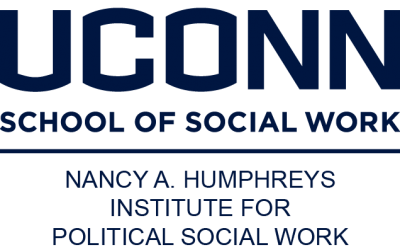- About the Campaign
- Campaign Leadership
- Organizational Endorsements
- Stories & Testimonials
- Order an Absentee Ballot
- Register to Vote
- Check Your Registration
- Find Your Polling Place
- Voting Resources
- Welcome v2
- Register Special Populations
- Welcome (Old)
- For Schools of Social Work
- For Field Education
- For Social Work Students
- New Assignments for Extra Field Credit/Hours
- Know the nonpartisan facts
- Know Your Rights
- Research Articles, Books, Videos and Podcasts
- State Specific Resources
- Volunteer and Join SW Votes!
- Georgia Senate Election January 5, 2021
- Events Calendar
- Felony Disenfranchisement
- Why Vote? Campaign
- Why Vote? Campaign Original Draft
- Welcome
- Our Supporters
- Our Endorsers
- For Social Work Students
- Research Articles, Books, Videos and Podcasts
- Become a Voter Activist!
- Register Special Populations
- Get Ready for Election Day
- Everything You Need to Register Voters
- For Social Workers and Agencies
- For Field Education
- Power of Three
- Voting is Social Work Leaders in Action
- Social Work and Vot-ER
- Get ActiVote app and vote confidently in every election!
- VISW and VotER Voter Registration Tools on SWHelper!
- Local Democracy: The Other Front Line
The National Social Work Voter Mobilization Campaign works to integrate nonpartisan voter engagement into social work education and practice.
The National Social Work Voter Mobilization Campaign began in 2016 with the first launch of the VotingIsSocialWork.org website crafted by Influencing Social Policy, the Nancy A Humphreys Institute for Political Social Work and the Congressional Research Institute for Social Work and Policy with funding by the Fund for Social Policy Education and Practice. The new website and current leadership team includes the Humphreys Institute, the Silberman School of Social Work at Hunter College and Bryn Mawr Graduate School of Social Work and Social Research with many people involved in the larger task force.
The Campaign seeks to :
- Raise awareness of the importance of voting to social work practice and impact;
- Integrate voter engagement activities into class and field education for all social work students (micro and macro);
- Provide information about voter mobilization skills and strategies to field instructors, students and faculty for use in agencies and the classroom; and
- Ensure that all the people served by social workers have access to the vote.
Social workers have understood the importance of voting to political action, community power and social justice dating back the Settlement House movement. Voter engagement remains still central to social work values today! Existing evidence shows that voter engagement increases individual well-being, advances civic participation, and increases social justice. 1 See our research page for more information.
The National Association of Social Workers’ Code of Ethics & Council on Social Work Education Practice Standards support social action.
WHY SOCIAL WORK?
Voting = A Human Right
Voting = Self-Determination and Power
By supporting people to vote, social workers:
Improve individual well-being (micro),
Strengthen organizations and communities ( mezzo)
Influence government decision making
Secure social policies that promote social justice( macro)
Overcome voter suppression
HUB=Field Education
Field is the interface between schools and agencies;
Field has access to thousands of micro and macro students and faculty; and
Serves millions of highly under-represented clients and communities.
1 Ballard, Hoyt & Pachucki, 2018; Center for Information and Research on Civic Learning and Engagement [CIRCLE], 2011; Kansas Health Foundation, Civic Health Index, 2016; Klar & Kasser, 2009; Leighley & Nagler, 2013; Martin, 2003; Martin & Claibourn, 2013; National Conference on Citizenship, Civic Health & Unemployment, 2011; Sanders, 2001


